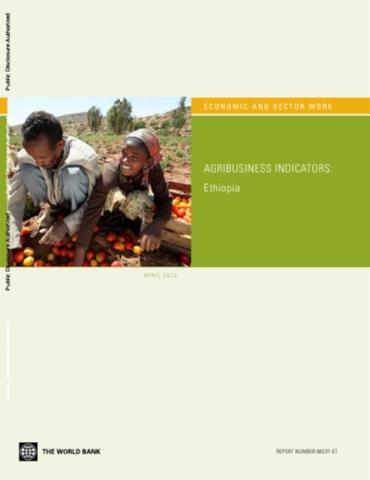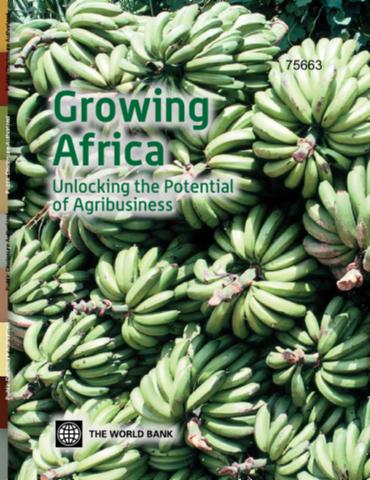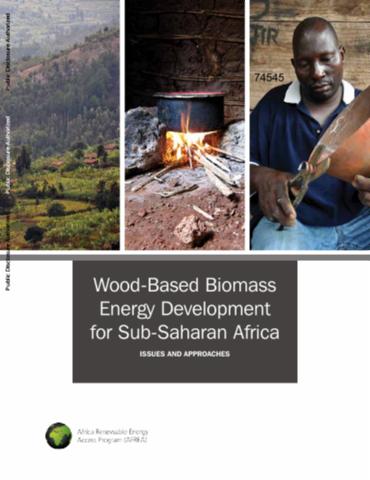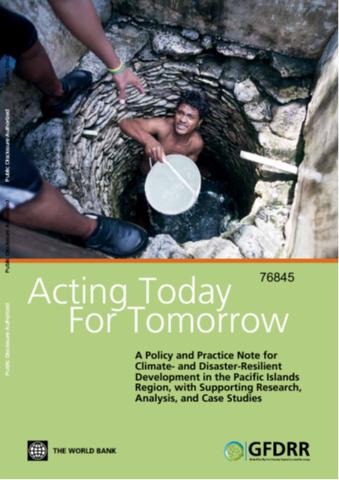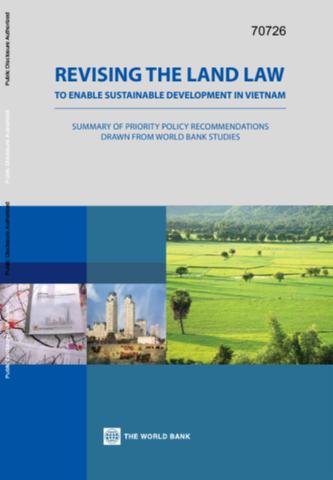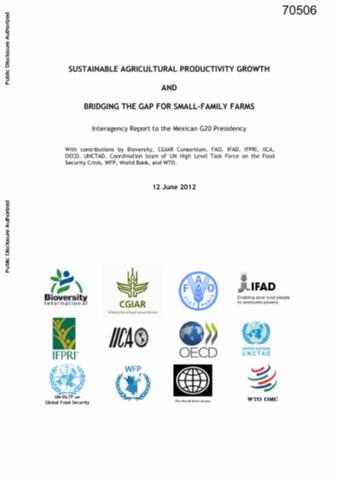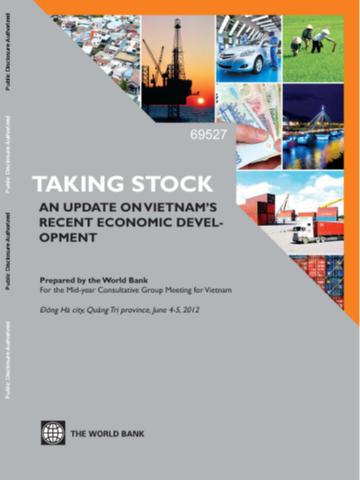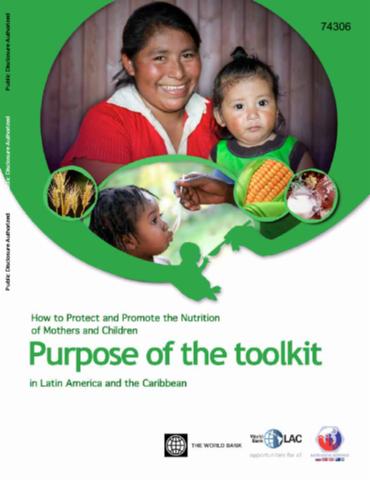Evaluation of New Fishery Performance Indicators
To further develop and finalize the Fishery Performance Indicators (FPIs) for scaling up to the Bank's entire fisheries portfolio, a number of specific pilots and case studies have been conducted. This report provides an overview of the FPIs, and a summary of two case studies in its application, the blue swimming crab (BSC) fisheries in Indonesia and the Philippines. A comparative analysis with an Icelandic lobster fishery is conducted as a benchmark, as the Icelandic lobster fishery is also export oriented and has been recognized as a well-managed fishery.


